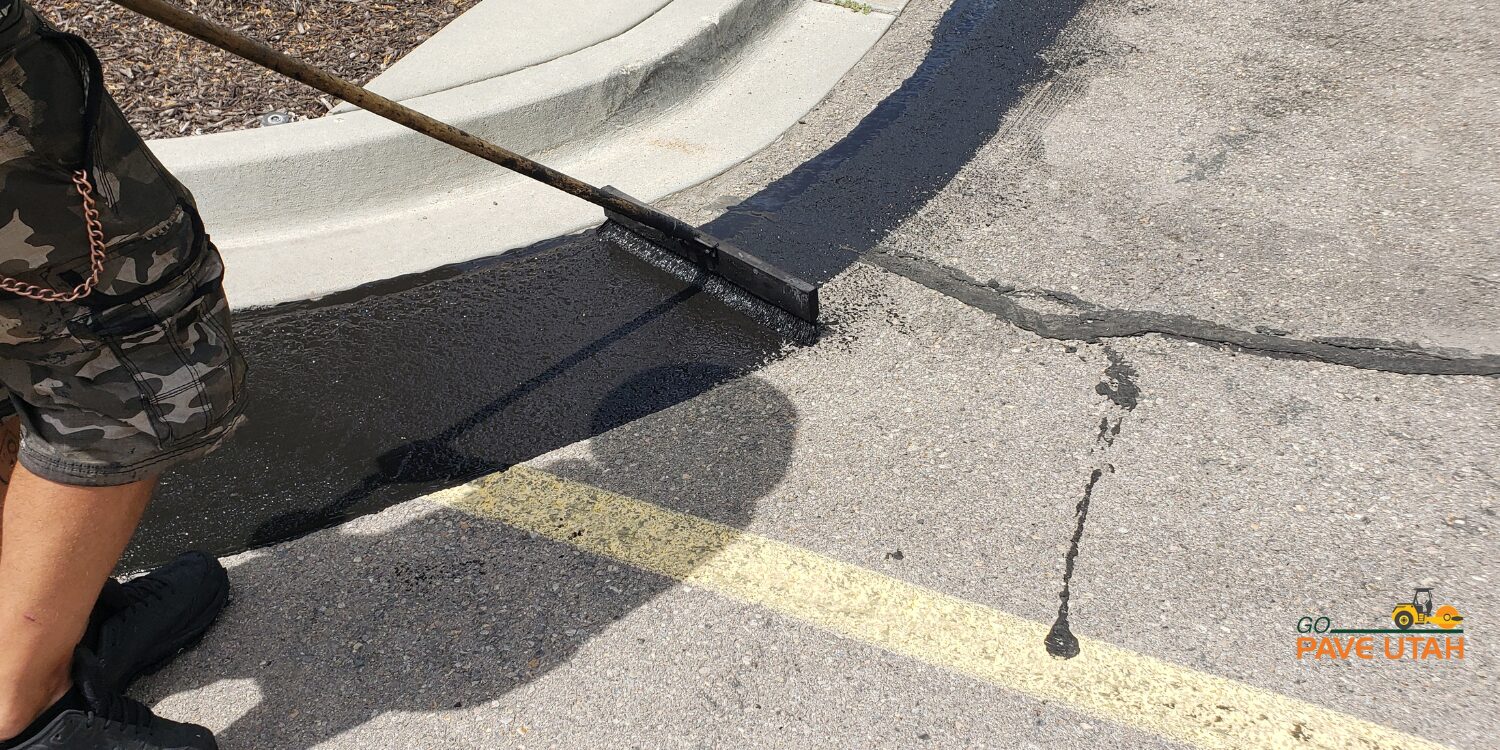Cold Mix Asphalt Vs. Hot Mix Asphalt: Which Is Right for You?

Make-up Differences
Cold mix and warm mix asphalts differ considerably in their make-up, with distinct qualities that affect their performance and applications. Cold mix asphalt is created by emulsifying the asphalt binder with water and an emulsifying representative before mixing it with accumulation. This technique enables the asphalt to be workable at lower temperature levels, making it excellent for short-term repair services and for usage in cooler weather. Hot mix asphalt, on the other hand, is produced at heats, commonly between 300-350 ° F, which helps to accomplish far better compaction and a much more sturdy end product. The hot mix asphalt production process involves warming the aggregate and asphalt binder separately prior to integrating them at the asphalt plant.
Moreover, cool mix asphalt has a tendency to be much less dense and more versatile than hot mix asphalt. This flexibility makes it far better suited for areas with higher degrees of activity, such as driveways or roadways with rush hour. On the other hand, warm mix asphalt is recognized for its high longevity and resistance to rutting and fracturing, making it a recommended option for highways and high-traffic roads where longevity is important.
Setup Process Differences
The procedure of installing chilly mix and warm mix asphalt exhibits remarkable variations in their treatments and requirements. In comparison, hot mix asphalt necessitates an extra fancy installment procedure. Due to the home heating requirements, hot mix asphalt setups are usually lugged out by professionals with specific devices, guaranteeing an extra structurally sound and long-term outcome.
Toughness and Long Life Factors
When thinking about asphalt choices, sturdiness and longevity are crucial variables to review for long-term pavement performance. Warm mix asphalt (HMA) is understood for its outstanding resilience and longevity.
In terms of longevity, HMA commonly outshines CMA because of its exceptional stamina and resistance buildings. HMA pavements have a longer service life, needing much less regular repair work and upkeep, which can equate to set you back financial savings in the future. Additionally, HMA sidewalks are more conveniently personalized to satisfy details job needs, further boosting their sturdiness.
Price Considerations
Taking into consideration the monetary effects is a crucial element when reviewing the choice between warm mix asphalt (HMA) and cool mix asphalt (CMA) for sidewalk tasks. While the initial expense of warm mix asphalt is typically greater than that of chilly mix asphalt, HMA usually gives an extra affordable option over time because of its remarkable sturdiness and longevity. HMA is recognized for its ability to stand up to hefty traffic tons and severe climate condition, minimizing the demand for constant fixings and upkeep. On the various other hand, cool mix asphalt is extra budget find more friendly in advance but may need more regular patching and resurfacing, causing higher upkeep expenses gradually.
Along with material costs, it's important to take into consideration the costs linked with installation and upkeep when comparing HMA and CMA. HMA generally calls for specialized devices and competent labor for correct setup, which can affect overall task expenses. Alternatively, CMA is much easier to collaborate with and can often be used using simpler techniques, possibly decreasing installation expenses. Eventually, the decision between HMA and CMA need to take into consideration not simply the preliminary expense yet additionally the long-lasting financial ramifications to identify the most affordable choice for the certain pavement job.
Environmental Impact Comparison
Comparison of the environmental effects in between warm mix asphalt (HMA) and cool mix asphalt (CMA) discloses distinctive distinctions in sustainability practices. HMA manufacturing calls for high temperature levels, leading to raised energy consumption and greenhouse gas emissions.
Furthermore, using CMA typically includes reusing existing asphalt pavement, promoting resource preservation and minimizing the amount of waste sent out to land fills. This reusing element additionally improves the sustainability of CMA compared to HMA. In general, when considering the environmental impact, CMA emerges as an extra ecologically sustainable option because of its reduced energy demands, lowered discharges, and the possibility for reusing existing materials. By going with CMA over HMA, roadway building projects can add positively to ecological conservation efforts.
Final Thought
To conclude, the choice in between cold mix asphalt (CMA) and hot mix asphalt (HMA) depends upon different variables such as structure, installment procedure, sturdiness, long life, price, and environmental effect. asphalt repair. While CMA provides a cost-efficient and quick service for small fixings, HMA makes sure superior sturdiness and long life for hefty website traffic locations. Take into consideration these elements very carefully to establish which sort of asphalt is the appropriate choice for your paving needs

Thinking about the economic implications is a critical element when assessing the option in between hot mix asphalt (HMA) and chilly mix asphalt (CMA) for sidewalk tasks. While the preliminary price of hot mix asphalt is usually greater than that of cool mix asphalt, HMA frequently offers an extra cost-effective service in the long run due to its premium longevity and long life. asphalt patch repair.Contrast of the ecological impacts between warm mix asphalt (HMA) and cold mix asphalt (CMA) reveals unique distinctions in sustainability methods.In verdict, the choice between chilly mix asphalt (CMA) and hot mix asphalt (HMA) depends on different aspects such as composition, installation process, resilience, durability, dig this expense, and ecological influence